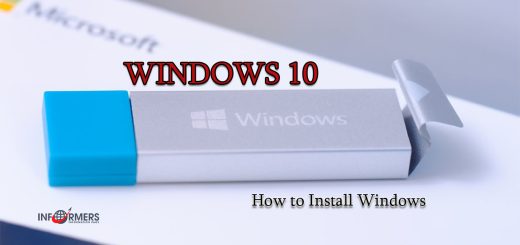What is Ethereum? Main characteristics

Ethereum (ETH) is an open-source, decentralized platform built to run smart contracts and decentralized applications (dApps). The platform was proposed by Vitalik Buterin at the end of 2013 and launched in 2015. Unlike Bitcoin, which is focused on functioning as a digital currency, Ethereum provides much broader opportunities for developers.
The basic unit of value on the Ethereum platform is called Ether (ETH). Ether is used to pay transaction fees and computing services on the Ethereum network.
Main characteristics of Ethereum:
Smart Contracts: Smart contracts are programs that automatically execute when predetermined conditions are met. They eliminate the need for intermediaries and ensure transparency and reliability of transactions.
Decentralized applications (dApps): Applications running on the Ethereum blockchain can use smart contracts to perform various functions without central control.
Blockchain technology: Like Bitcoin, Ethereum uses blockchain for decentralized data storage and protection from hacking and manipulation.
Proof-of-Stake (PoS): In 2022, Ethereum switched from a Proof-of-Work (PoW) consensus mechanism to a Proof-of-Stake (PoS), which significantly reduced energy consumption and improved network scalability.
Why is Ethereum important?
Advanced Development Capabilities: Ethereum provides developers with the tools to create complex applications that have the potential to disrupt many industries, including finance, real estate, insurance, and supply chain management.
Financial innovation: Based on Ethereum, areas such as decentralized finance (DeFi) are being developed, providing users with access to financial services without intermediaries. DeFi includes loans, exchanges, insurance and other financial products.
Asset Tokenization: Ethereum allows you to create and manage tokens that can represent any asset, including real estate, stocks, and works of art. This opens up new opportunities for investment and trade.
NFTs (Non-Fungible Tokens): Ethereum is the premier platform for creating and trading NFTs, which are unique digital objects such as works of art, music, and collectibles.
Infrastructure for DAOs: Ethereum supports the creation of decentralized autonomous organizations (DAOs), which operate on the basis of smart contracts and are governed by their participants without central leadership.
Ethereum usage examples:
dApps: Various decentralized applications such as games, social networks and financial platforms are built on top of Ethereum.

DeFi: Platforms such as Uniswap (a decentralized exchange) and Aave (a lending protocol) use Ethereum to provide financial services.
NFTs: Platforms such as OpenSea and Rarible allow users to create, buy and sell Ethereum-based NFTs.
Tokenization: Companies can issue tokens to raise capital or represent real assets on the Ethereum blockchain.
Conclusion
Ethereum is an important platform that provides unprecedented opportunities for the development of decentralized applications and smart contracts. Its influence extends across many industries, promoting innovation and decentralization. Like any investment in cryptocurrencies, investing in Ethereum requires careful analysis and understanding of the risks involved.

















